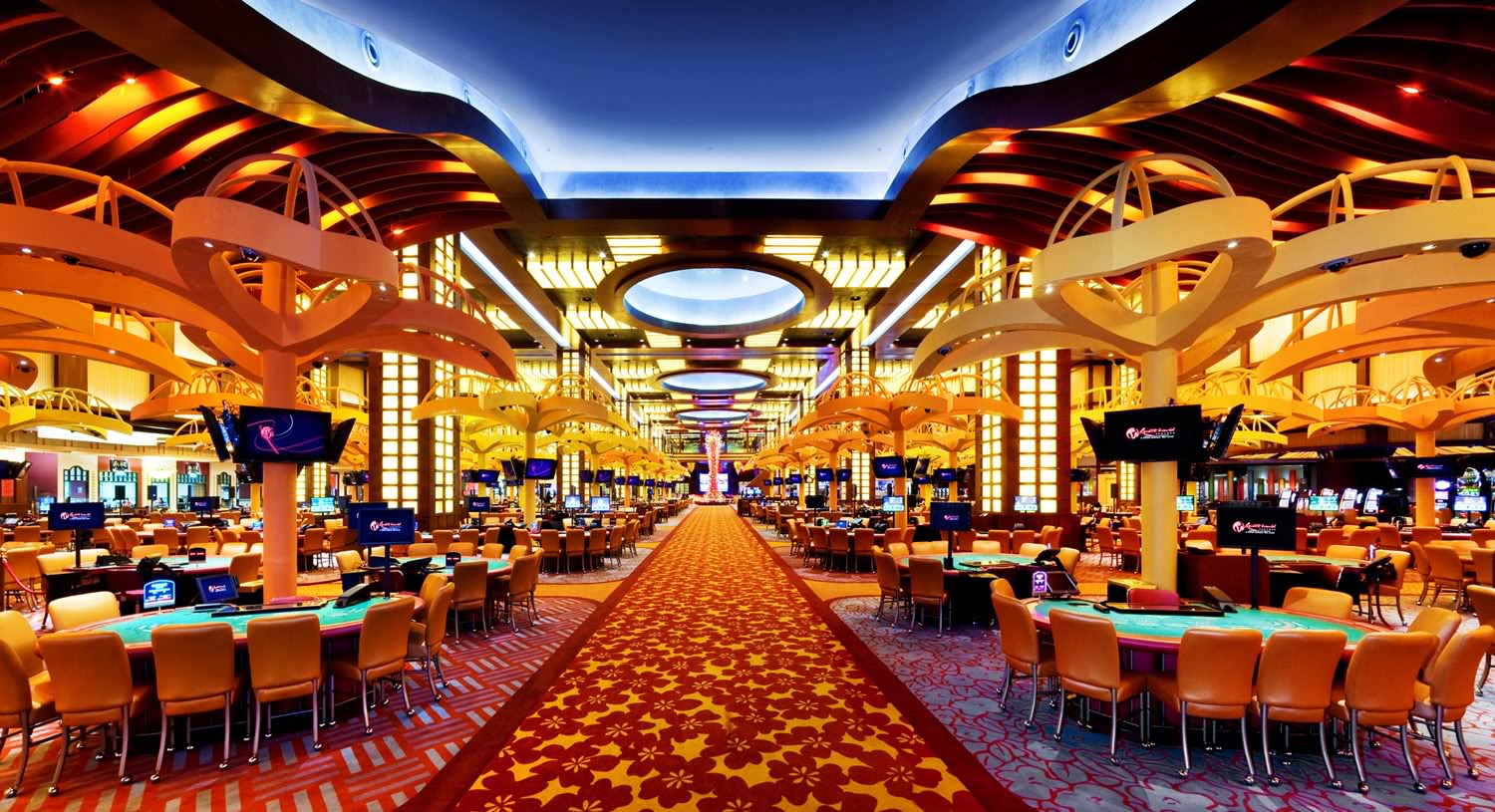
In the world of gambling, where chance and strategy intersect, a unique tapestry of beliefs manifests—one that weaves together luck, fate, and the enigmatic nature of casino games. Casinos, bustling with excitement and anticipation, are not just spaces for placing bets; they are also arenas in which superstitions thrive. From the novice player to the seasoned gambler, these mysterious practices often shape how individuals approach the games they play, believing that their actions can impact the outcome in ways that go beyond mere probability.
As players gather around roulette wheels, blackjack tables, and slot machines, the atmosphere is thick with stories of lucky charms, rituals, and codified behavior that defy logic yet provide a sense of comfort. Whether it’s wearing a specific outfit, following a particular sequence of bets, or even avoiding certain numbers, the attachment to various superstitions reflects a deep-rooted desire to control the uncontrollable. This article delves into the captivating world of casino game superstitions, investigating the beliefs that both entertain and mystify those who dare to play. nohu90.cc
Historical Origins of Superstitions
Betting activities have long been interwoven with an array of superstitions that go back to ancient civilizations. The roots of these beliefs can be connected to humanity’s innate wish to manage the random outcomes related with chance and chance. In early civilizations, activities of uncertainty were often linked to ritualistic practices. Gamblers would call upon blessings or seek favor from spirits, believing that their actions could affect the results in their favor. This foundation laid the foundation for the myriad of superstitions that developed as betting evolved over ages.
During the Middle Ages, betting became a common activity across the continent, and with it, a colorful tapestry of superstitions emerged. Players adopted numerous rituals and charms, believing they could change the outcome of games. The value of numbers, in particular, began to manifest in superstitions pertaining to card games and dice. The number 7 was often considered favorable, while different numbers carried negative connotations. These beliefs mirrored the cultural contexts of the time, adapting as they passed through generations and transformed to new gaming environments.
As gaming establishments developed in the 1600s, particularly in Italy and the French nation, the atmosphere surrounding gambling became imbued in mystique. The growing accessibility of gambling games allowed for the expansion and diversification of superstitions among players. Concepts like charmed charms, specific seating arrangements, and rituals gained importance, creating a unique culture within casinos. As these practices continued to thrive, they became essential to the character of gambling games, illustrating how history and tradition shape the belief systems that influence how participants interact with chance.
Widespread Gambling Myths
Superstitions surrounding casino games are abundant and diverse, mirroring the hopes and anxieties of players as they participate in random activities. One of the most prevalent beliefs is that specific numbers bring luck or bad luck. For example, the number seven is often seen as a favorable digit, frequently embraced by players looking for a favorable result. Conversely, the number thirteen is routinely considered unlucky, leading many players to avoid it during their gambling sessions.
A frequent superstition relates to practices that players believe can affect their odds. It could be blowing gently on the dice before a roll, using a specific gesture to place a wager, or even putting on specific items of attire, many people feel that these actions can sway luck in their benefit. These practices offer a feeling of power in an otherwise random environment, strengthening the idea that fortune can be manufactured through personal beliefs and habits.
Finally, the ambiance and vibe of the gambling house itself contributes to myths. Many players suggest that the presence of certain symbols, such as four-leaved clovers or fortunate coins, can enhance their odds of success. Additionally, gamblers might adhere to the notion that winning streaks can be halted by mundane occurrences, such as someone walking past or a spill at the table. The shared atmosphere in a gambling house can amplify these superstitions, creating a communal culture of myths that transcends individual encounters.
Impact of Superstitions on Players
Superstitions play a crucial role in the psychology of casino players, often influencing their actions and choices. Numerous gamblers believe that luck can be manipulated through various rituals, such as donning a talisman, selecting specific colors, or steering clear of particular digits. This reliance on superstitions can create a feeling of control in an environment that is inherently unpredictable. Players often feel more self-assured and involved when they feel that their actions could sway the outcome of a game in their favor.
The influence of these superstitions extends past individual players, affecting the general atmosphere inside the casino. For example, a player who believes in the luck of a particular slot machine might draw a crowd, as others are intrigued by their apparent success. This collective belief can amplify excitement and create a lively environment, leading to an captivating experience even for those who may not necessarily be believers themselves. The buzz around specific games can lead to higher participation and extended playing sessions, supporting the casino’s vibrant social scene.
In some instances, superstitions can lead to negative effects for players. Depending too much on rituals can result in poor gambling decisions, as some may overlook basic strategies in favor of baseless beliefs. Additionally, the pressure to perform rituals may heighten anxiety and stress levels, diminishing from the enjoyment of the experience. Ultimately, while superstitions can enhance the thrill of playing casino games, they can also lead to poor choices that overshadow the enjoyment and entertainment intended in the casino experience.
